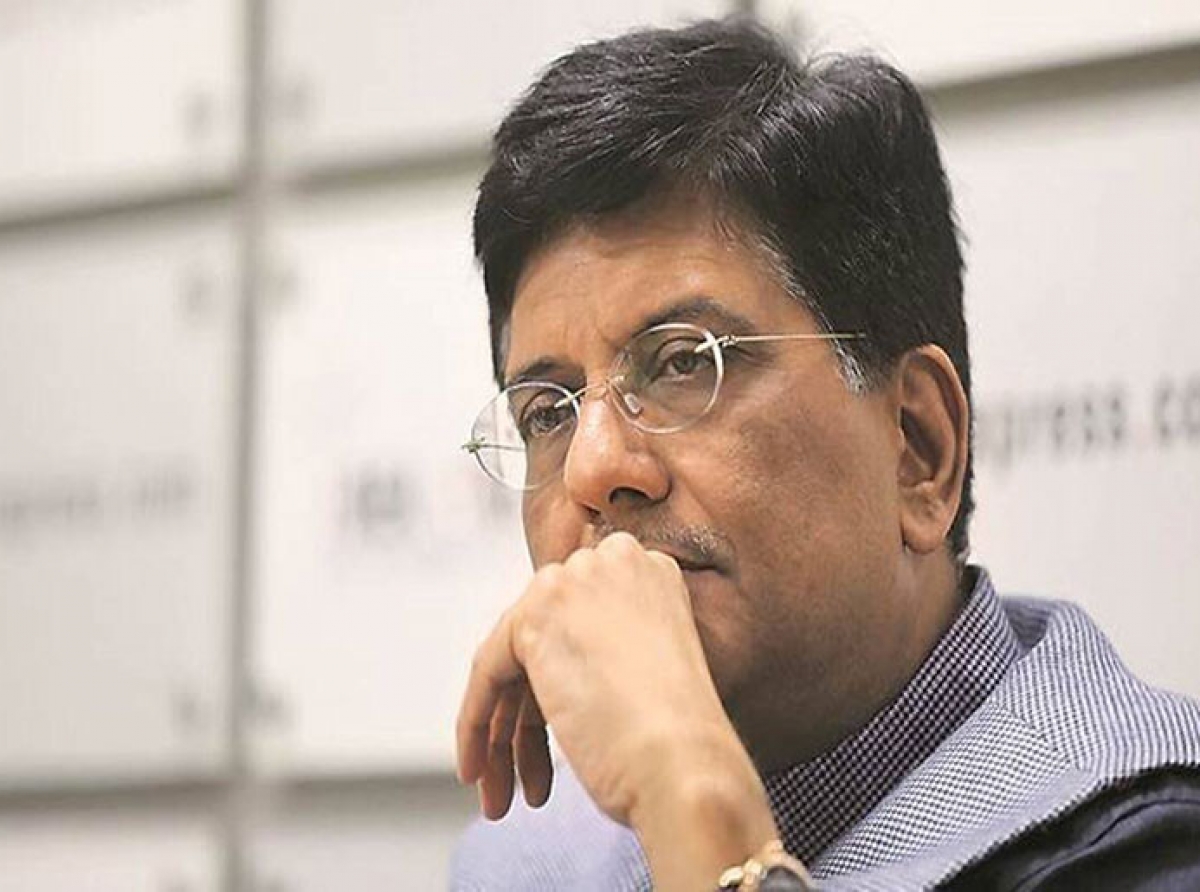New PLI scheme will make MMF production viable in India: Piyush Goyal

15th September 2021, Mumbai:
The new Production Linked Incentive (PLI) scheme will make India globally competitive and enable it to produce textiles at large scale besides improving their quality, says Piyush Goyal, Minister of Textiles, Commerce and Industry in an interaction with the Economic Times. Until now, India has largely focused on cotton-based textiles due to climatic conditions and history of cotton growth. However, the PLI scheme will help it focus on man-made fibers (MMFs) and technical textiles also. The scheme will encourage entreprenuers to set up factories with investments from Rs 100 crore to Rs 300 crore. These factories would generate a turnover in the range of Rs 200 crore to Rs 600 crore and help India capture the entire textile value chain, adds Goyal.
Scheme to make MMF production viable
To implement this scheme, Prime Minister Narender Modi has directed the petrochemical and petroleum ministry to set up backward linkages for the textile raw materials being produced in India. The scheme aims to make MMF and technical textiles production viable in India besides creating seven-and-a-half lakh jobs and expanding investments across the value chain, adds Goyal.
He believes, the Rs 10,863 crore incentives allotted for the scheme will help catalyze much larger investments. The ministry will focus on Tier III, IV towns and aspirational districts while selecting the beneficiaries of the scheme, he informs.
Creating an entire textile ecosystem
Elaborating on the other schemes introduced for the industry, Goyal says, the government has introduced a series of measures for the textile industry in India. The RoSCTL scheme has been extended till 2024. It also proposes to introduce the MITRA scheme to set up large-scale textile parks across the country. These parks will create an entire textile ecosystem including testing facilities, common effluent treatment plant, facilities to encourage manufacturing, skill development, nearby housing for the workmen, etc.
To be successful, the textile industry needs skilled laborers, says Goyal. The industry also needs labor laws facilitating large-scale employment, power and land at affordable prices, common testing and research and development facilities and common effluent treatment plants to meet international sustainability standards. The industry has collaborated with the shipping ministry and the railway ministry to address the issue of containers shortage in India. It is looking for ways to enable faster and easier movement of containers.
Promoting domestic container manufacturers
The shipping ministry is also promoting operations of domestic container manufacturers. Container Corporation of India (Concor) has given trial orders to some companies to manufacture containers in India. Goyal is confident that India will become self-reliant in container manufacturing in the next two or three years India. He informs, the Prime Minister has directed the shipping ministry to encourage more investments in the sector and expand its reach in the global market.
























